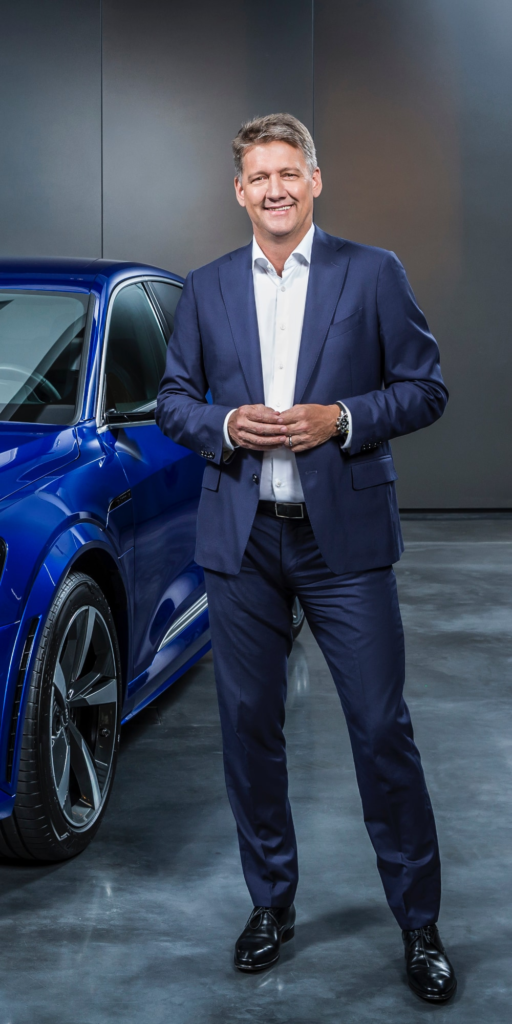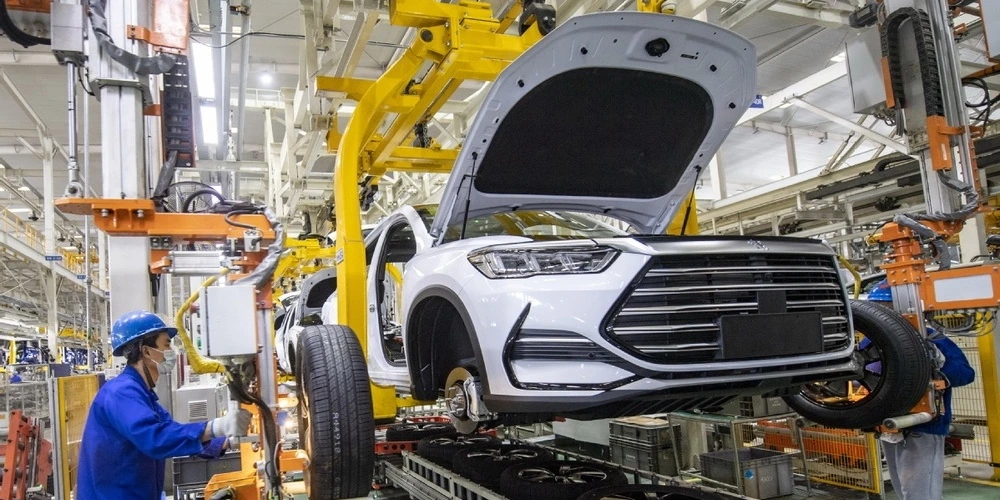In October 2023, the European Commission launched an anti-subsidy investigation into imports of electric vehicles (EVs) from China.
If it is found that producers based in the Asian country have benefited from incentives in a way that harms EU manufacturers, provisional countervailing duties could be imposed on EV imports.
The legal deadline for applying provisional measures, such as tariffs or quotas, is 4 July, nine months after the investigation began, with a conclusion expected in November.

Recently, Valdis Dombrovskis, European Commissioner for Trade, told local media in Brussels that tariffs could be imposed “before the summer holidays.”
This has caused discomfort in the country and increased concerns about a broader trade war.
During a European tour, Wang Wentao, China’s Minister of Commerce, met with representatives of ten electric vehicle companies in Paris.
In this context, he emphasized that Chinese EV manufacturers have achieved their competitive advantage through innovation and efficient supply chains, rather than relying on subsidies.
Similarly, the China Chamber of Commerce for Import and Export of Machinery and Electronic Products (CCCME) said the investigation was targeted at Chinese manufacturers.
It also expressed concern about the amount of information demanded by the Commission from producers included in the sample.
In March 2024, the EU requested that European customs authorities trace imports of electric vehicles from China.
Three Chinese EV manufacturers have now been notified that they have not provided sufficient information for the anti-dumping investigation, according to two sources familiar with the case.
If the Commission concludes that the information provided by companies in the sample is insufficient, it could use evidence available elsewhere to calculate tariffs, a measure that could inflate them.
In this regard, Dombrovskis told POLITICO’s Brussels Playbook that it remains crucial for the EU to remain open, not only as a champion of the “rules-based international order” but also for its own interest as a “global trading power.”
It is relevant to note that the Commission initiated the investigation on its own initiative, without a formal complaint from the industry, something the sector considers uncommon in such cases.
For this reason, there is a division within the European automotive industry regarding the appropriateness of the investigation.
For example, some German car manufacturers are heavily dependent on the Chinese market and fear retaliation from Beijing.

In this regard, Gernot Döllner, CEO of Audi, a part of the Volkswagen Group, told Handelsblatt that “the geopolitical situation is becoming increasingly complex.”
He also emphasized the importance of supporting free and fair trade, as “it is the basis for growth and prosperity”.
The market share of Chinese-produced electric vehicle models in the European market has slightly increased to 19 per cent.
BYD has expressed its goal of securing a 5 per cent share of EV sales in Europe by 2026 and being among the top five automotive companies on the continent in the medium term.
However, a source told Mobility Portal Europe that, “besides Tesla, which accounts for about 40 per cent of cars produced in China that are exported to the EU, China-based manufacturers are still very small in terms of market segment.“
In relation to this issue, Luca De Meo, CEO of Renault Group, stated in an open letter to the EU: “It will be necessary to manage relations with China. To exclude them completely would be the worst possible response.”
A study by the Rhodium Group indicates that if the Commission imposes countervailing duties on EV imports, these are expected to range between 15 and 30 per cent.
However, it explains that even if tariffs are at the upper end of this range, some producers based in the Asian country will still “be able to generate comfortable profit margins” on the cars they export to Europe.
This is due to “substantial cost advantages they enjoy.”
It maintains that “tariffs in the 40-50 per cent range would likely be needed to make the EU market unattractive for Chinese electric vehicle exporters.”
However, it is considered unlikely that duties will be imposed at this level.
“Authorities in Brussels could decide to use non-traditional tools to protect the local automotive industry, including restrictions based on environmental or national security factors,” the report details.
In fact, Competition Commissioner Margrethe Vestager raised this idea in a speech at Princeton University, proposing the introduction of “reliability” criteria based on factors such as environmental footprint, labor rights, cybersecurity, and data security.








